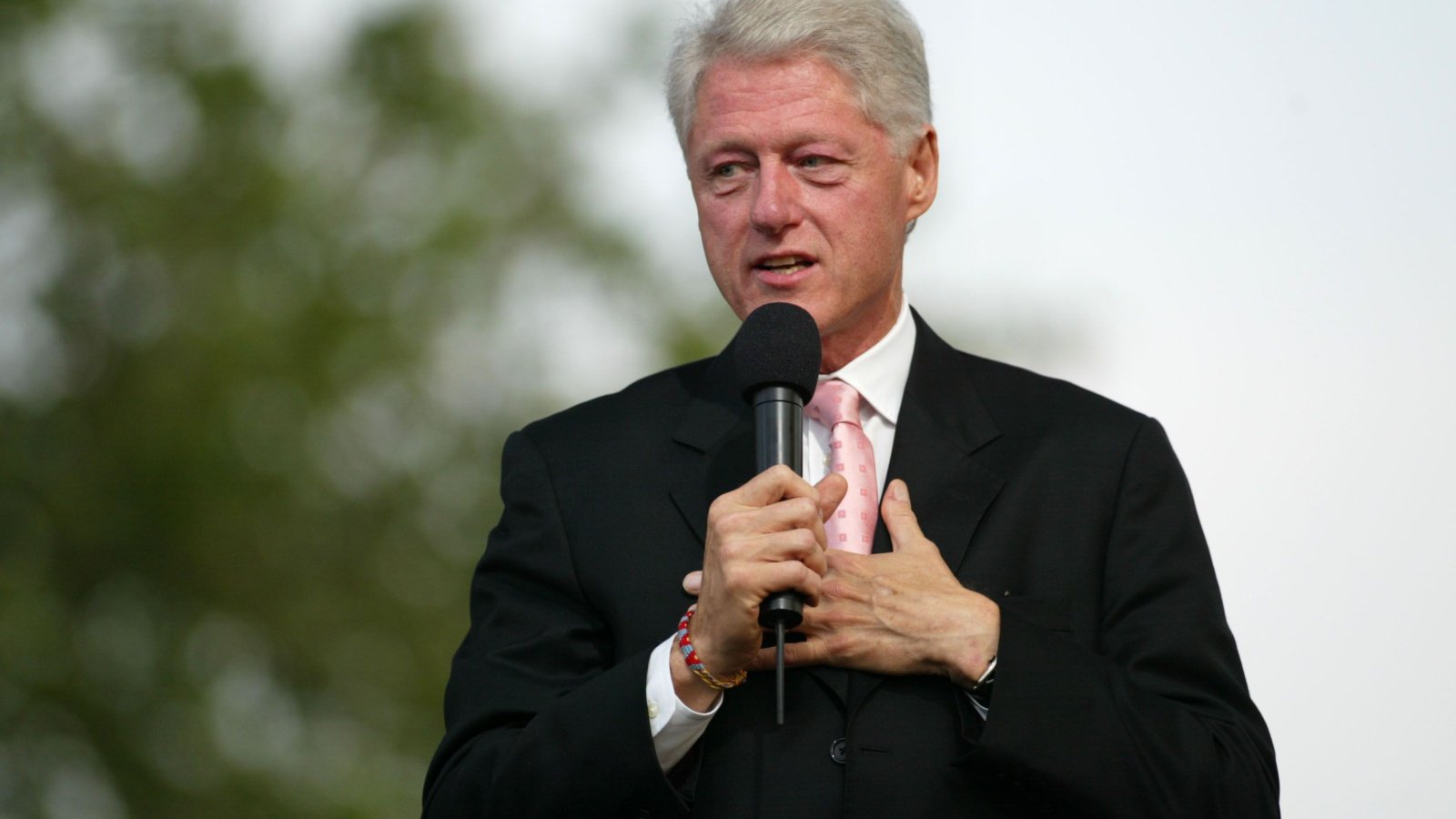Oregon’s experiment with drug decriminalization has hit significant roadblocks, leading to a reevaluation of its approach to drug policy. The initiative, once hailed as a progressive model, now faces criticism amidst rising public safety concerns and the challenges of implementing effective treatment programs.
Oregon’s Bold Experiment

Oregon dared to challenge the status quo three years ago by decriminalizing hard drugs, hoping to pave a new path that emphasized rehabilitation over retribution. Now, the tide has turned back to enforcement as Governor Tina Kotek reinstates criminal penalties, signaling the end of an audacious venture to combat drug abuse without the shadow of jail time.
Portland’s Struggle

Portland, under Mayor Ted Wheeler’s watch, has seen its fair share of turmoil, from the homelessness crisis to public unrest, all while grappling with a sharp rise in drug fatalities. In response, Governor Kotek has signed a new law on Monday, bringing back legal consequences for possessing hard drugs, a decision that reflects the city’s urgent need for a reset amidst ongoing challenges.
Seeking Solutions

Mayor Wheeler has been on a mission to reclaim the city’s peace and order. From legal battles over public camping bans to bolstering police forces, Wheeler’s multifaceted approach now includes reintroducing punitive measures for drug possession, aiming for a balance between law enforcement and offering avenues for treatment.
A New Direction

In a recent conversation, Mayor Wheeler shared insights into Portland’s drastic policy reversal and its broader implications. He emphasized the goal isn’t to revive the failed “war on drugs” but to foster a robust mental health support system, demonstrating a commitment to tackle the issue from the ground up, with innovative solutions like the TASS sites offering comprehensive services.
Renewed Focus on Public Safety

The recent legislative actions, acknowledged for restoring crucial tools to first responders, highlight a dual commitment: to both enforce the law and enhance behavioral health services. This balancing act underlines the importance of building the infrastructure needed to support those struggling with addiction, a critical step that was initially overlooked.
Reflecting on Measure 110’s Journey

Back when Measure 110 was introduced, it garnered significant support, especially in Portland, where the idea of a new approach to drug policy was welcomed by many. The mayor’s cautious optimism was tempered by the knowledge that the success of such measures hinges on effective implementation, a challenge that was soon to become evident.
Identifying the Missteps

The failure to coordinate the decriminalization of drugs with the availability of treatment services stands out as a fundamental flaw in Measure 110’s rollout. A more effective strategy, in hindsight, would have been to establish a robust behavioral health system before decriminalizing, ensuring a support network was in place to handle the transition.
Understanding the Impact

While the surge in addiction and overdose rates can’t be solely attributed to Measure 110, the correlation drawn by the public between the measure’s enactment and the uptick in drug-related issues has been hard to ignore. This perception has underscored the need for a more phased and prepared approach to drug policy reform.
The Vision for Portland’s Future

Discussing the potential downfall of the city in the absence of enforceable laws, adequate treatment options, and public trust paints a grim picture. Yet, the mayor remains optimistic, noting significant improvements in public safety and services, contrasting sharply with the situation four years ago.
A City on the Mend

The visible signs of recovery in Portland—increased foot traffic, decreased crime, and expanded services—reflect a city on the upswing. However, despite these positive developments, the lingering public perception of danger, especially at night, suggests that there’s still work to be done to fully restore confidence in the city’s safety.
Addressing Public Safety Concerns

Acknowledging individual perceptions of safety, the mayor emphasizes the objective decrease in crime rates across the city. This perspective aims to balance respect for personal feelings with a broader view of improving safety metrics.
Revisiting Ambitions on Homelessness

Reflecting on past commitments to address homelessness, mental health, and addiction, the mayor concedes the unpredictability of societal shifts. The unforeseen rise in drug use and homelessness, exacerbated by the pandemic and a lack of investment in behavioral health, underscores the complexity of these issues.
Sharing Responsibility

The mayor suggests a collective accountability for the current state of affairs, pointing to a national delay in prioritizing behavioral health. This shared blame extends beyond Portland, highlighting a broader societal challenge in addressing mental health and addiction.
Understanding the Shift in Policy

The national trend toward stricter policing and crime policies is attributed to a public desire for stability and order amid widespread societal uncertainty. The mayor views this shift as a natural response to the current climate of economic, social, and global challenges.
Advice on Drug Decriminalization

For jurisdictions considering drug decriminalization, the mayor’s advice is clear: Establish a solid treatment infrastructure beforehand. This recommendation stems from Portland’s experience, emphasizing preparation as key to successful policy implementation.
Reflecting on the Future of Decriminalization

When asked about the potential for revisiting drug decriminalization, the mayor remains cautious. The experiences of Portland suggest that while decriminalization remains a possibility, lessons from the past about the timing and infrastructure necessary for such a move are vital to its success.
Envisioning a Future with Treatment First

The mayor believes in the possibility of a future where treatment takes precedence over criminalization, emphasizing the critical need for a robust treatment infrastructure before considering decriminalization. This approach hinges on the lesson that without adequate support systems in place, such policies are destined to fail.
Rethinking Decriminalization and Support Services

While the prospect of completely decriminalizing drug use seems unlikely, the importance of enhancing behavioral health services remains a top priority. The mayor stresses the national shortfall in providing sufficient mental health and addiction treatment services, highlighting it as a fundamental area for improvement in future policy discussions.









Wenn Sie unser mobiles Casino mieten, schaffen wir für Sie
einen Abend der besonderen Art. Blackjack,
Poker und vor allem Roulette mieten unsere Kunden am liebsten,
doch wie Sie sehen, haben wir noch viele weitere Spiele im
Angebot, die bei Ihrem Event für Spannung und Unterhaltung sorgen. Wichtig ist,
dass es bei einer Casino-Veranstaltung mit uns vor allem um den Spaß am Spiel geht,
nicht um Geldeinsatz oder -gewinn. Wenn Sie nach einer einzigartigen Möglichkeit suchen, Ihre Veranstaltung zu etwas Besonderem zu machen, ist unser mobiles Casino die perfekte
Lösung!
Osnabrück, Niedersachsen Bonus und Freispiel Angebote ohne Einzahlung ℹ️ Alle Infos zu spannenden Pokerreisen und grandioser Pokeraction findest du Online unter GermanPokerDays
und GermanPokerTours Sobald die Geldränge mit den Kings Packages erreicht werden, ist das Turnier beendet.
Die aktuelle Rangliste findest du immer hier 👇 oder
auf Instagram und Facebook
Las Vegas ist eine Stadt der Extreme – Lichter, Geräusche, Menschen und Möglichkeiten. Ich konnte jede Aktivität genießen und das echte Vegas-Feeling erleben, ohne mich überfordert
zu fühlen. Ein paar ausgewählte Clubs und Bars reichen völlig,
um die Stimmung zu genießen, ohne dass man sich überfordert
fühlt. Ich erinnere mich an meinen ersten Clubbesuch im Hakkasan im MGM – DJs der Weltklasse, beeindruckende Lichteffekte und ein Publikum
aus allen Teilen der Welt. Ich habe meine Touren so
kombiniert, dass ich vormittags wandern konnte und abends zurück im Casino war – perfekt für einen Profi-Planer
wie mich.
References:
https://online-spielhallen.de/umfassende-nine-casino-erfahrungen-ein-spielerbericht-aus-erster-hand/
Players can enter codes during deposit to activate specific offers.
Returning players can log in directly from the
homepage. Licensed by the Government of Curaçao, Ozwin Casino
ensures a secure and fair gaming environment for both casual players and high rollers.
As you can see, some of these pokies are worth playing
for more than just their regular pay tables and in-game features.
Try the real money version to put your newfound skills to good use
when you’re done playing the demo. Best of all – you can begin playing for free or with real money
at once. They’re licensed by the Curaçao Gaming
Commission (8048/JAZ), so you can bet with confidence using the Ozwin Casino code!
References:
https://blackcoin.co/mega-moolah-reviews-gambling-plays-for-big-wins/
In a State where real money online casino isn’t legal, but you still want to play?
The offers mentioned above, however, do not require a bonus code and are claimed automatically.
BetMGM casino will also offer additional benefits with a bonus code.
All verified players are eligible for a $25 free play bonus.
You will earn the first bonus at BetMGM online casino just after creating your account and verifying your identity.
Check out our guide to the best online casinos
that accept Apple Pay!
Compared to other online casinos, our casino RocketPlay offers more competitive bonuses and a wider variety of games, making us a top online casino choice
for players. Like most online casino sites, RocketPlay
Casino offers welcome deposit bonuses to new players who
make a deposit. There are offers and deposit bonuses available at these casinos to reward players for their loyalty, too.
Some prominent US casinos have added MI to their online
casino directory for real money slots and casino games, offering choices for Michigan players alongside some competitive bonuses.
There are many casinos that advertise free slots and casino games, only for players to find that they
don’t have a no deposit bonus available. Experience the thrill of RocketPlay Casino with their exciting no deposit bonuses, including free spins for slots and free cash to play various casino games!
online casinos that accept paypal
References:
interior01.netpro.co.kr
paypal casino
References:
https://blisshr.africa/employer/paypal-casinos-best-online-casinos-that-accept-paypal-deposits/